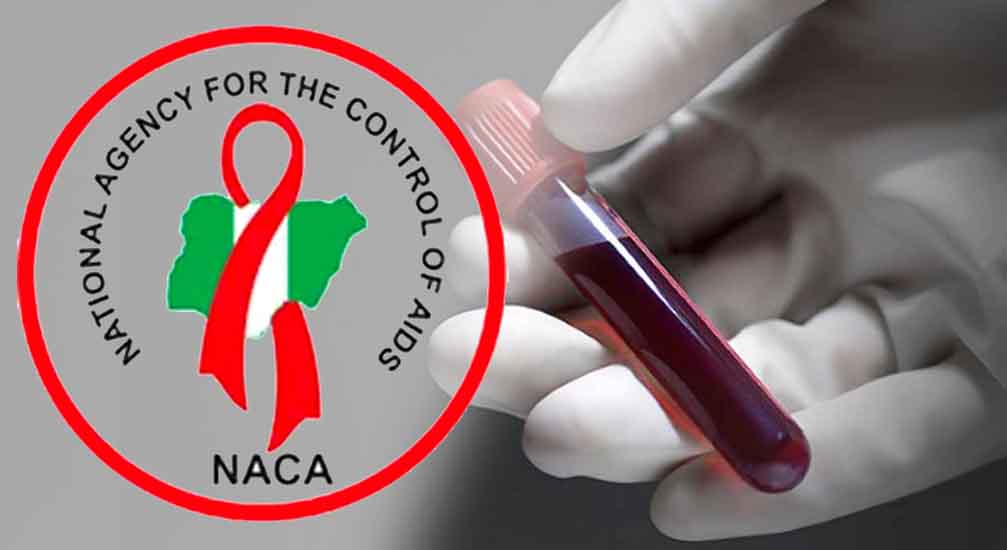By Muhammad Amaan
The National Agency for the Control of AIDS (NACA) said the Federal Government of Nigeria is committed to ending the HIV/AIDS epidemic by expanding its collaboration with local and global development partners and strengthening sub-national mechanisms.
Director General of the agency, Dr Temitope Ilori stated this at the closing ceremony of the 2024 Nigeria HIV prevention conference themed, ‘Accelerating HIV prevention to end AIDS through innovations and community engagement.’
She said the government is determined in its pursuit of the 95-95-95 targets aimed at ending AIDS by 2030 and emphasized the essence of inclusivity in combating the disease, saying, “As an agency, we are ready and poised to provide leadership to drive an accelerated decline in new HIV infections.
“We are going to strengthen our multisectoral engagement starting from the State level through our State Agency for the Control of AIDS (SACA) to deliver their mandate and ensure sustainability at the grassroots.
“We are poised to foster community engagements, participation, and leadership to keep with the global AIDS strategy.”
Dr Ilori said the conference will become a regular event, adding that there plans to expand its reach to the state level to facilitate greater engagement with local communities and grassroots.
She added, “I think by then, we will have a bigger success story. We are also going to strengthen our data to make sure that we get it right.”
The Youth representative at the conference, Elizabeth Talatu, called for inclusive programmes and policies to achieve the 95-95-95 targets and end AIDS by 2030.
According to her, young people are eager to support sustained multisectoral efforts for the prevention of HIV and urged for their meaningful involvement in the design and implementation of these initiatives.
She said, “We recognise that collaboration and partnerships across sectors are key in the fight against HIV/AIDS.
“To this end, we call for the active involvement and engagement of multiple sectors, including health, education, youth and sports development, budget and planning, women’s affairs, and others alike in the integration of HIV prevention interventions in programs targeting adolescents and young people.”
She called for the meaningful engagement of adolescents and young people living with HIV, including key populations in inter-ministerial task forces and technical working groups responsible for the coordination of multisectoral collaboration, resource mobilization, and implementation of HIV prevention programs.
Ms Talatu also said the youth want support for the effective implementation of comprehensive sexuality education and the strengthening of the in-school Family Life and HIV Education Program in Nigeria.
Also, part of the youth agitation is the integration of HIV prevention into existing health and development programmes targeting adolescents and young people, including sexual reproductive health and rights, economic empowerment, mental health, sexual and gender-based violence, and education.
The Country Director of the Joint United Nations Programme on HIV/AIDS, Leo Zekeng, commended Nigeria and NACA for their efforts, even as he expressed confidence that Nigeria is on track to meet global targets if it addresses critical areas highlighted by the conference, including funding, data gathering, multisectoral engagement, and the involvement of key populations and youth in driving programmes and plans aimed at addressing the issue.
He stressed the importance of monitoring State-level activities and empowering them to fulfill their mandates.
Moreover, Zekeng emphasized the need to empower states through technological deployment to access support from development partners, enhancing their capacity to drive progress.
The Country Coordinator of the United States President’s Emergency Plan for AIDS Relief, stressed that policymakers must take decisive action by implementing the conference’s outcomes.
To achieve the global goal of ending HIV/AIDS, she emphasized the crucial need for policymakers to involve youths, adolescents, and key populations living with the disease in the design and implementation of programs and policies aimed at eliminating the disease in Nigeria.
She further encouraged youths and other participants to continue raise awareness about HIV/AIDS, and to promote a collective effort to combat the scourge.




